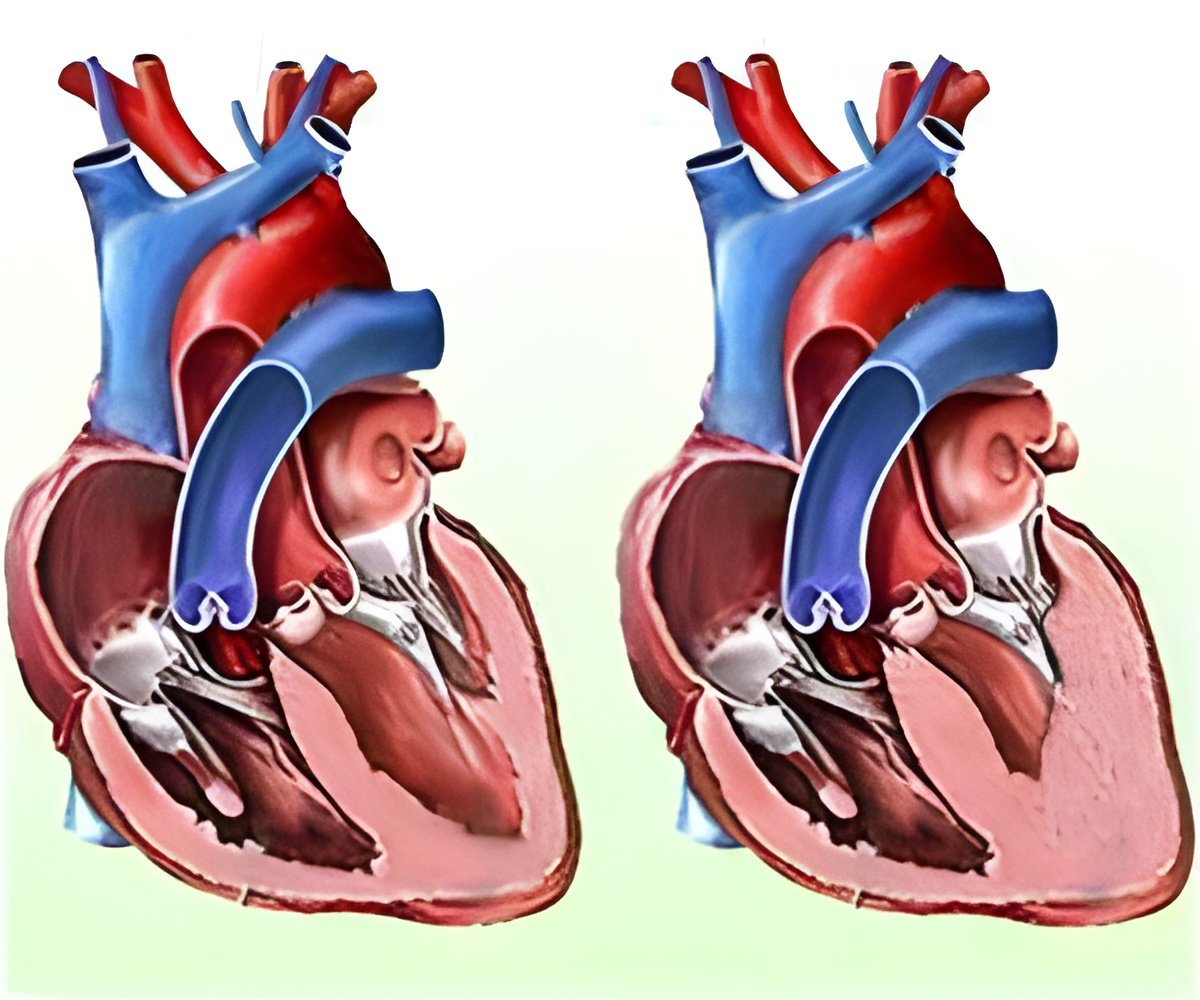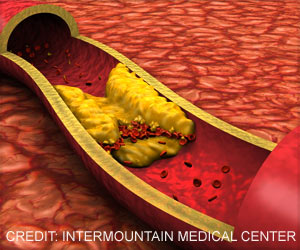The manner in which heart muscles could be restructured by using parthenogenic stem cells was shown by scientists.

It occurs naturally in many plants and a few invertebrate (some bees, scorpions, parasitic wasps) and vertebrate animals (some fish, reptiles, and amphibians), but does not occur naturally in mammals.
In 2007, researchers were able to chemically induce human egg cells to undergo parthenogenesis.
The resulting parthenogenote has properties similar to an embryo, but cannot develop further.
Wolfram Zimmerman and colleagues at Georg-August-Universitat Gottingen in Gottingen, Germany, demonstrated that cells from the parthenogenote function as embryonic stem cells and maintain the capacity to develop into different types of tissue.
Further, they used parthenogenic stem cells to make cardiomyocytes and engineered heart muscle (myocardium) that exhibited the structural and functional properties of normal myocardium.
Advertisement
These studies demonstrate that parthenogenic stem cells can be used for tissue engineering.
Advertisement
Source-ANI











